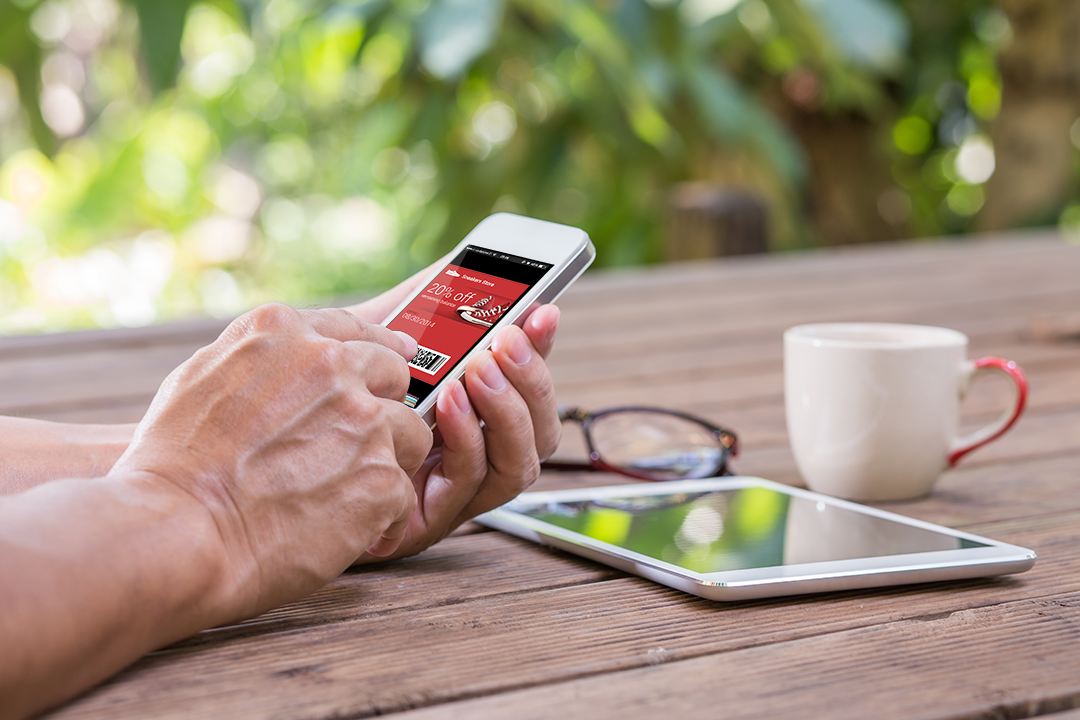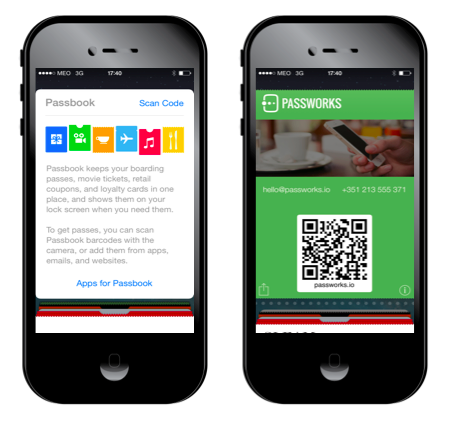Very soon we will see more machine-to-machine (M2M) communications between connected devices, allowing technology to create more efficiency and further improving our lives. iBeacons provide an insight in to the near future of that interconnected world of the Internet of Things (IoT).
Retail stores, airports and sporting events to name a few have already demonstrated why there is so much hype about the potential of ibeacons and the innovative ways it’s enhancing our mobile experiences, including more relevant, personalised marketing efforts and more effective ways of communicating with the public at events.
Apple’s release of their iBeacon functionality paved the way for a new way of looking a Bluetooth Low Energy (BLE) and unleashed the premise of using beacons in conjunction with smartphones, especially for digital wallets.
iBeacons are a great example of how IoT will function with cheap, low energy devices interacting with smartphones or tablets to bring ordinary objects or locations to life, intrinsically linking the digital and physical worlds together. Furthermore, the easy accessibility of obtaining information from a beacon makes them ideal for use alongside smartphones, with a simple but effective push-notification being the preferred current method of relaying info or sending coupons.
Large companies from Major League Baseball to Virgin Airlines have led the way in adopting beacons, but it’s in retail that many are predicting it to have the most influence, especially in customer spending with Juniper Research suggesting there will be over 1bn mobile coupon users by 2019, highlighting the importance of digital wallets such as Apple’s Passbook or Google Wallet in the mobile marketing sphere.
The current use cases of ibeacons is just the tip of the iceberg in its own future potential and that of the IoT which will create a world linked by internet-connected devices, which in turn will create more productivity for all.

